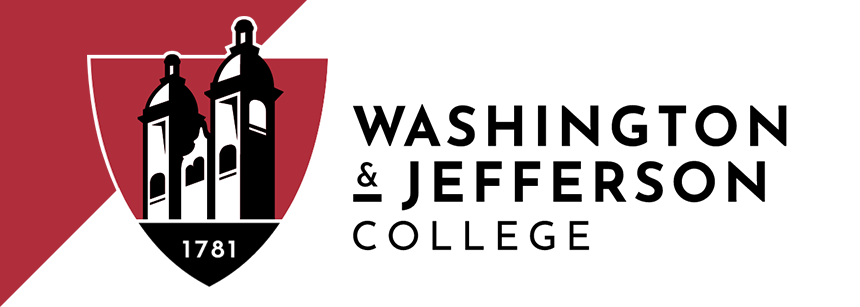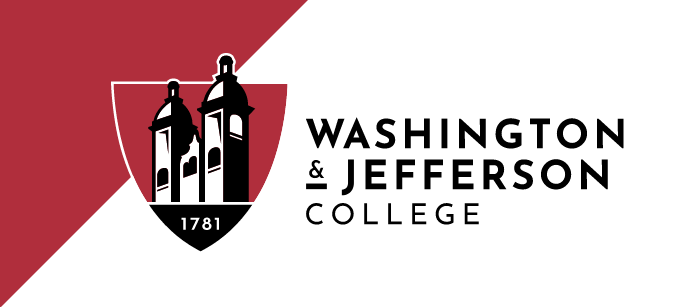WASHINGTON, PA (May 31, 2019)—Bonnie McGill, Ph.D. ’06 has kept busy with ecological and conservation projects since graduating from Washington & Jefferson College (W&J). Her 2018 win of the highly competitive David H. Smith Conservation Research Fellowship assured she won’t be slowing down anytime soon.
The two-year fellowship funds just five fellows a year, selected from a national pool of applicants. Bonnie is currently in the second year of her post-doc research based at the University of Kansas funded by the fellowship. Her work focuses on how conservation practices on Iowa farm land, subsurface drainage, and climate change impact fertilizer nitrate pollution in Iowa rivers.
“We need to figure out how we can continue to grow food without harming the environment,” Bonnie said. “Tax payers put a lot of money into these conservation practices in the Farm Bill, but we haven’t been able to demonstrate to the tax payers that these investments are paying off at the watershed level. I wanted to look into the watersheds in Iowa, examine the nitrate levels, and report on them in a way that can help policy makers decide what conservation practices to prioritize and incentivize.”
In conjunction with monitoring the nitrate levels in streams and rivers, Bonnie also has connected with a subset of farmers in her watershed who grow corn and soy beans on at least 500 acres of land.
“I’m big on talking to people about why they choose to do what they do and where their values, beliefs and attitudes are. I believe to understand the ecosystem, we have to be talking to the people in the system who decide how the land is managed,” she said.
Through her focus groups with farmers, she’s learned how they react to climate events, and what their future management decisions could be. Current climate conditions, including heavier spring rain events, have made previous methods of fighting against erosion obsolete. As Bonnie works with the farmers, they are trying out practices that make them far more resilient to climate change.
Bonnie first learned how this socio-ecological approach to environmental issues could be beneficial at W&J.
“At W&J I came to understand that to do ecosystem science is not just to do biology and chemistry or geology. It requires an understanding of the social sciences, which are a big of the equation for complex environmental issues,” she said. “The liberal arts experience showed me the value in looking across systems and integrating multiple disciplines to see the many ways people and the environment are connected.”
To learn more about the work that Bonnie is doing, check out her website or follow her on twitter @BonnSci.
About Washington & Jefferson College
Washington & Jefferson College, located in Washington, Pa., is a selective liberal arts college founded in 1781. Committed to providing each of its students with the highest-quality undergraduate education available, W&J offers a traditional arts and sciences curriculum emphasizing interdisciplinary study and independent study work. For more information about W&J, visit washjeff.dev, or call 888-W-AND-JAY.

